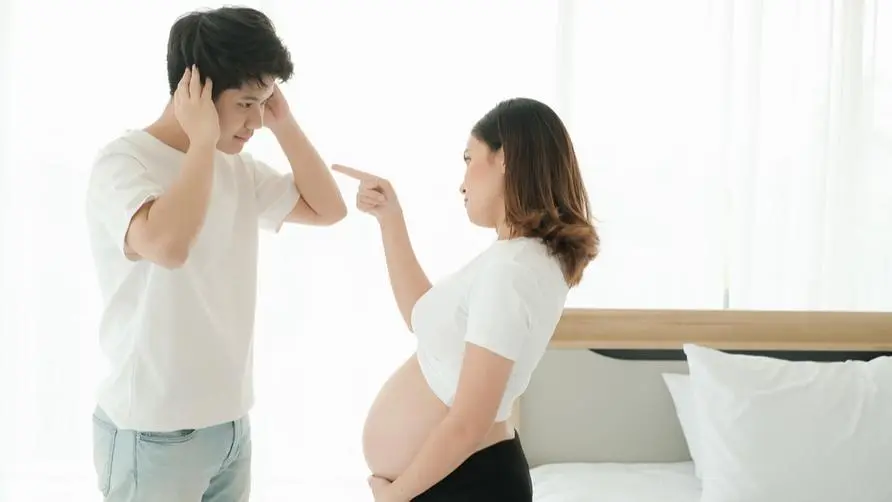Is marriage the tomb of love? A study conducted by 100,000 people reveals that if newlyweds do "this thing", their marital satisfaction will drop "like an avalanche"

Is entering marriage the same as entering the “grave of love”? Will welcoming the birth of a new life make the relationship between the couple stronger? A large meta-study published in “Frontiers in Psychology” shows that before the birth of a child, most couples do achieve a certain degree of happiness, but after the birth of the first child, the couple’s satisfaction with each other will have a dramatic impact. ground changes.
Does having children cause discord between couples? Study: Marital satisfaction drops by 30% after giving birth to a child
Research author Ionela Bogdan and her team from Romania conducted a meta-analysis of 49 previous studies, including 106 independent samples and 145,139 subjects, and most of the subjects were newlyweds or new parents (the average age of men and women was respectively 29.96, 28.12 years old). The research team calculated prenatal and postpartum marital satisfaction data to verify whether the marital satisfaction of men and women will decrease due to childbirth.
The results show that newlyweds who have not had children have the smallest decrease in marital satisfaction, with men and women experiencing the smallest decline, at 12% and 13% respectively. However, the marital satisfaction of newlyweds dropped to 31% and 29% respectively immediately after the birth of the first child; in the second year after the birth of the first child, the satisfaction continued to drop by 16% and 14%. Overall, newlyweds’ satisfaction with each other dropped by 37% in the first 2 years.
Bogdan pointed out that from the time the wife became pregnant to the first year of the child’s birth, the marital satisfaction of both sexes dropped significantly, and the partners’ hostility, disagreements, and perceived severity of each other’s problems increased. However, the study also found that if newlyweds have more realistic expectations for childcare, such as calculating childcare costs in advance and preparing childcare equipment, the decrease in marital satisfaction is smaller.
Will not having children help maintain a relationship? Expert: Differences in money and values are the most important thing
In this study, what were the key factors that caused couples to become discordant and less satisfied with each other? Bogdan said that in general, the pressure on newlyweds comes from the care of the newborn, the cost of childcare after childbirth, and the huge differences in values between the two parties. In addition, unrealistic expectations for marriage before marriage, as well as friction between the families of both parties, may be factors that lead to discord between husband and wife and lead to a decline in the quality of the marriage.
Bogdan believes that this may be of substantial help in clinical couples therapy. “When medical institutions or official units take parenting education measures, they should strengthen the promotion of marital satisfaction to make them aware of the difficulties couples will encounter after becoming parents and what kind of emotional attitude they should have. to these difficulties.”
However, Bogdan reminded that the study was a meta-analysis and further research is needed to understand why newlyweds’ marital satisfaction has declined. “But we still have one factor in our favor, which is that the birth of the first child may be a key factor in the rapid decline of a couple’s relationship.”
source:
Transition to Parenthood and Marital Satisfaction: A Meta-Analysis
Further reading:





